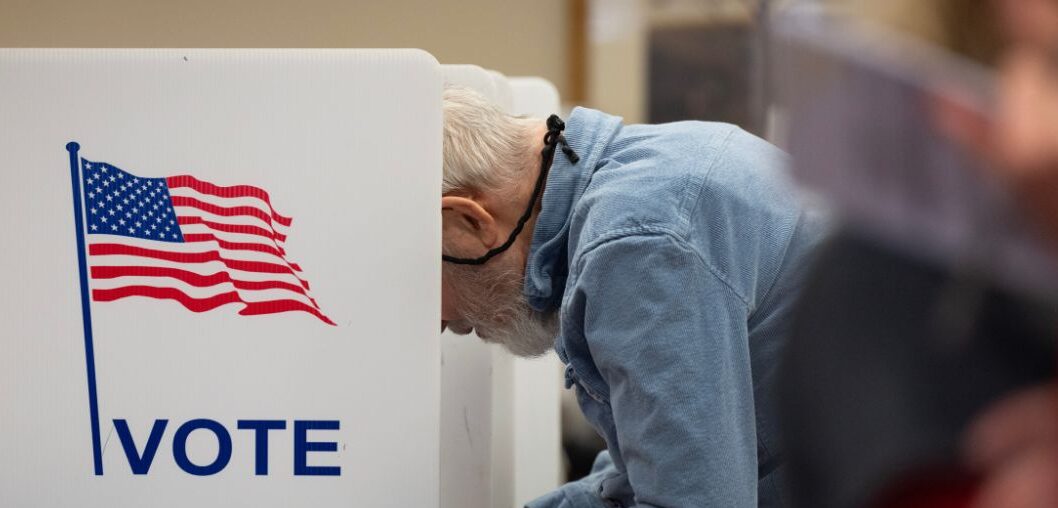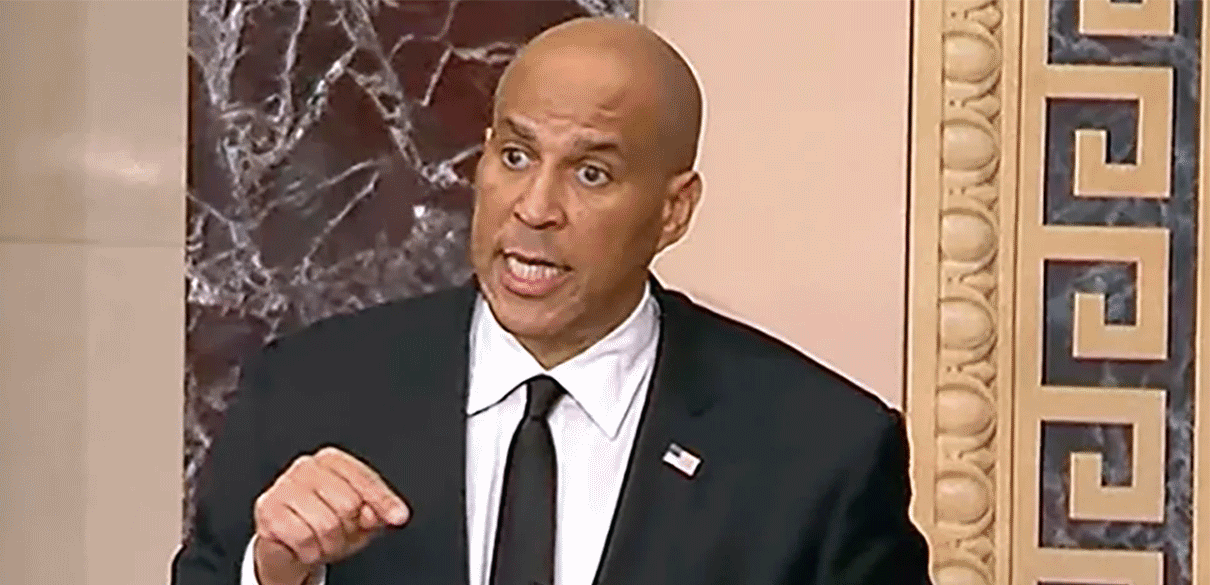Hope Walz, daughter of Minnesota Governor Tim Walz, has declared an unusual “litmus test” for dating prospects: whether or not they follow Joe Rogan on Instagram. According to her, simply hitting “follow” on the UFC commentator and wildly popular podcaster is enough to raise a red flag and warrant cutting ties.
Her comments, dripping with disdain for Rogan’s brand of freewheeling, controversial content, reveal a lot more than just her personal preferences. They speak volumes about the bubble of progressive elitism and the thinly veiled irony emanating from her father’s political legacy.
Walz explained that her and her friends’ strict anti-Rogan policy stems from his supposed “misinformation” and “straight-up lies” on his podcast, despite it being the largest in the world. According to her, anyone who aligns with Rogan isn’t worth pursuing because their “values don’t align.” This isn’t just a dating filter; it’s a cultural manifesto for a certain kind of progressive tribalism where even digital associations become a moral failing.
Her stance has, unsurprisingly, drawn attention, partly because of its inherent contradiction. While she calls out Rogan for allegedly misleading his audience, her own father has a documented history of stretching the truth—or as he admitted himself, getting “caught up” in bogus rhetoric.
Tim Walz’s daughter says it’s a red flag if a guy follows Joe Rogan and you shouldn’t date people who listen to him pic.twitter.com/9hejHKLlNf
— Libs of TikTok (@libsoftiktok) December 8, 2024
Governor Walz’s own brushes with “misinformation” are no secret. From his exaggerated claims about his military service to his muddled statements about being in China during the Tiananmen Square massacre, his political history is riddled with embellishments. And let’s not forget the Harris-Walz campaign, which even CNN—the Democrats’ usual ally—flagged for spreading deceptive propaganda.
The irony becomes even sharper when considering Walz’s open push for banning “misinformation,” claiming, “There’s no guarantee to free speech on misinformation.” Coming from a politician whose own statements have frequently been less than airtight, this stance feels less like a principled position and more like an attempt to silence dissenting voices.
Hope Walz’s commentary on Rogan and her father’s checkered political record form a perfect snapshot of the contradictions permeating elite progressive circles. On the one hand, they decry misinformation and demand accountability; on the other, they’re quick to dismiss their own transgressions as harmless “knucklehead” moments or convenient exaggerations.
In calling Rogan “questionable and unprofessional,” Hope inadvertently highlights the broader culture clash at play. Rogan’s unfiltered, conversational style appeals to millions precisely because it challenges the orthodoxy of curated, sanitized narratives that elites like the Walz family represent.



